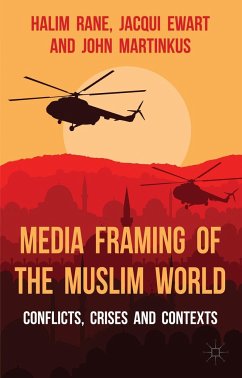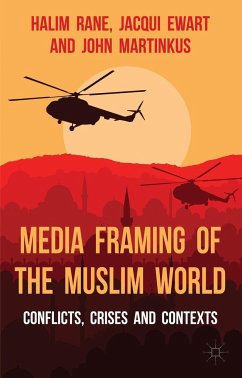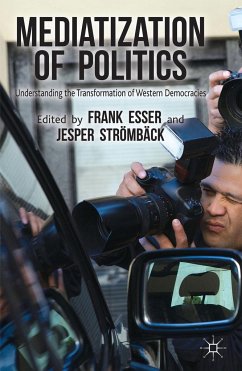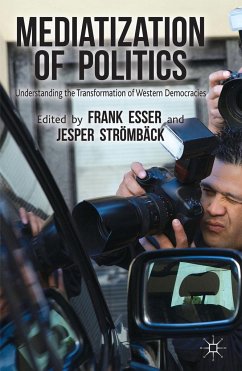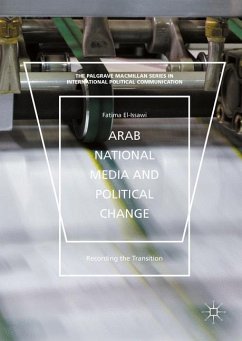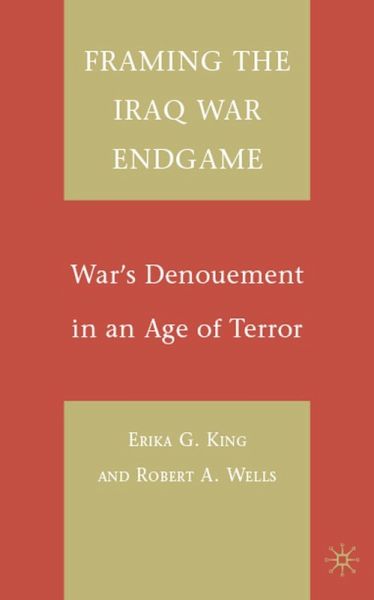
Framing the Iraq War Endgame
War's Denouement in an Age of Terror

PAYBACK Punkte
19 °P sammeln!
The Bush administration was remarkably successful in dominating the debate over why we had to go to war with Iraq, but it would soon be faced with the more daunting task of winning the monumental rhetorical struggle over how to write the script of the Iraq War endgame. We examine the twists and turns of the discursive battle over the war's denouement as it played out against the backdrop of the war on terror, and we conclude that while Bush failed to win the argument that Iraq was one with our fight against terrorism, his underlying worldview that we must confront terrorist evil through global...
The Bush administration was remarkably successful in dominating the debate over why we had to go to war with Iraq, but it would soon be faced with the more daunting task of winning the monumental rhetorical struggle over how to write the script of the Iraq War endgame. We examine the twists and turns of the discursive battle over the war's denouement as it played out against the backdrop of the war on terror, and we conclude that while Bush failed to win the argument that Iraq was one with our fight against terrorism, his underlying worldview that we must confront terrorist evil through global military engagement remains an important component of Obama adminstration rhetoric.





